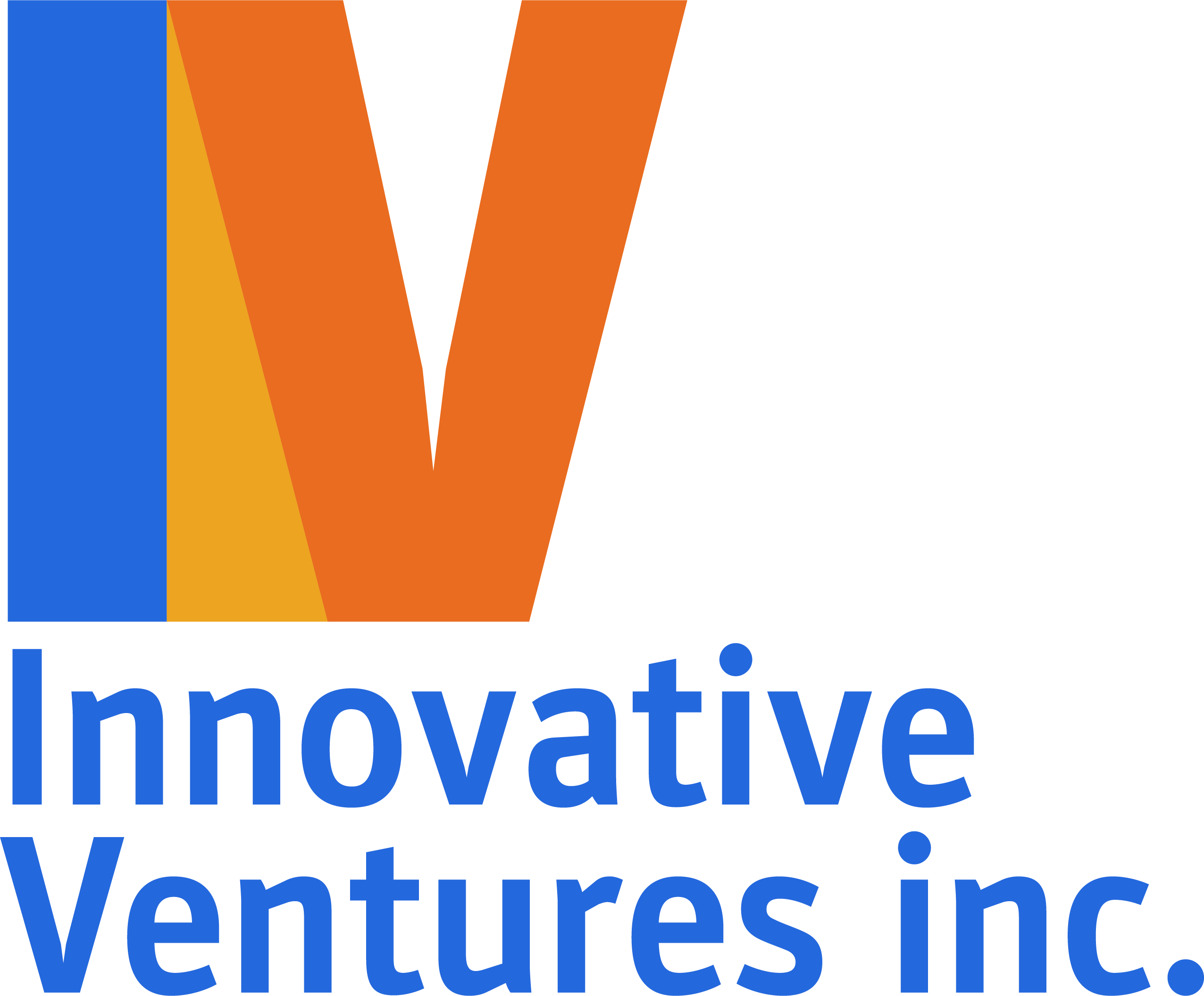The Park Geun-hye government is embarking on an national agenda to not only integrate Korea’s economy more deeply in the global innovation ecosystem, but to be one of its leaders too—to increase the prosperity and well-being of not only Korean citizens, but residents of the world. Park challenged global leaders to use creativity, technology and innovation as the growth engines for the creation of new and unheard industries for the 21st century. This is a theme espoused by Peter Diamandis and Ray Kurzweil, the visionaries behind Singularity University—which inspires and trains global leaders to leverage exponential technologies to impact a billion people—& solve global challenges.
To accomplish these objectives, the Park Administration must not only work to increase the quality and quantity of entrepreneurs and entrepreneurial thinking in the country, it must help unlock large amounts of domestic wealth to finance an increase in entrepreneurial activity. Scaling up investment is an issue not only for Korean entrepreneurs but innovators around the world. It is the (unspoken) grand challenge which I lectured and mentored entrepreneurs to overcome at Singularity University’s summer program in 2012 and 2103.
While the Korean venture capital ecosystem is not governed by the cultures of risk to the extent as it dominates the behavior of investors in the emerging markets, there are two similarities which Korea shares with counterparties in emerging markets; investor (cultural) attitudes to entrepreneurial failure and the unwillingness of investors to finance the trial & error experiments of entrepreneurs in their attempts to find markets and solutions for financial success.
Last week the Korea Herald’s expert journalist Mr. Park Hyong-ki interviewed me on actions to overcome these cultural barriers thereby ‘sparking’ the Korean venture capital ecosystem to new heights. While the willingness of American venture investors to finance failure is one of the key attributes of the US economy’s entrepreneurial and venture capital culture, domestic money in markets like Korea reject such behavior. Certainly the creation of a venture capital ecosystem requires investors to finance failure and give fallen entrepreneurs a 2nd and 3rd chance at raising money and wealth creation.
Or does it?
Is there another path to advance your country’s venture capital ecosystem which does not follow the Silicon Valley way, at least in its early and intermediate stages of ecosystem formation? If yes what are the startup business models which match investors’ behaviors to risk to access their capital, and in doing so, to incrementally change the culture to make amazing things happen for more startup communities to emerge in your country?
These topics are the subjects of Mr. Park’s interview with me. Read the interview online or download the PDF here.
Additional references on these subjects:
The Startup of Startup Communities
Business models which open the wallets of investors
Engage Risk as Your Friend, not a Foe—to Impact Investor DNA—& Raise $ for Your Venture
The Cultures of Risk—Financing the Startup of Start-up Communities
Bridging the Valley of Death (a PPT); A Market Failure or Investors’ Rational Behavior to Risk?
The GoForward Plan to Scaling Up Innovation, Harvard Business Review, in Russian, Hungarian, Spanish & English
